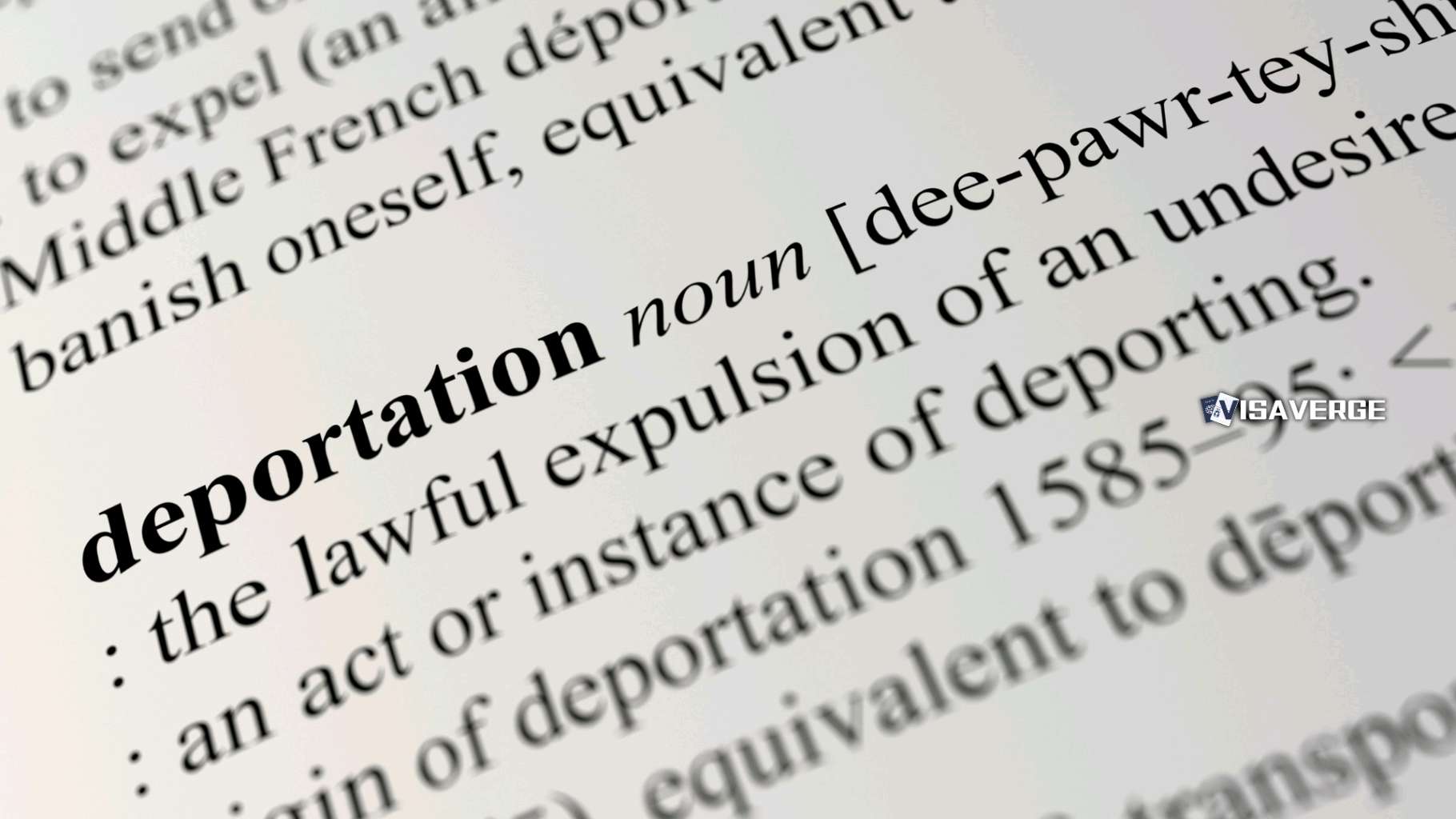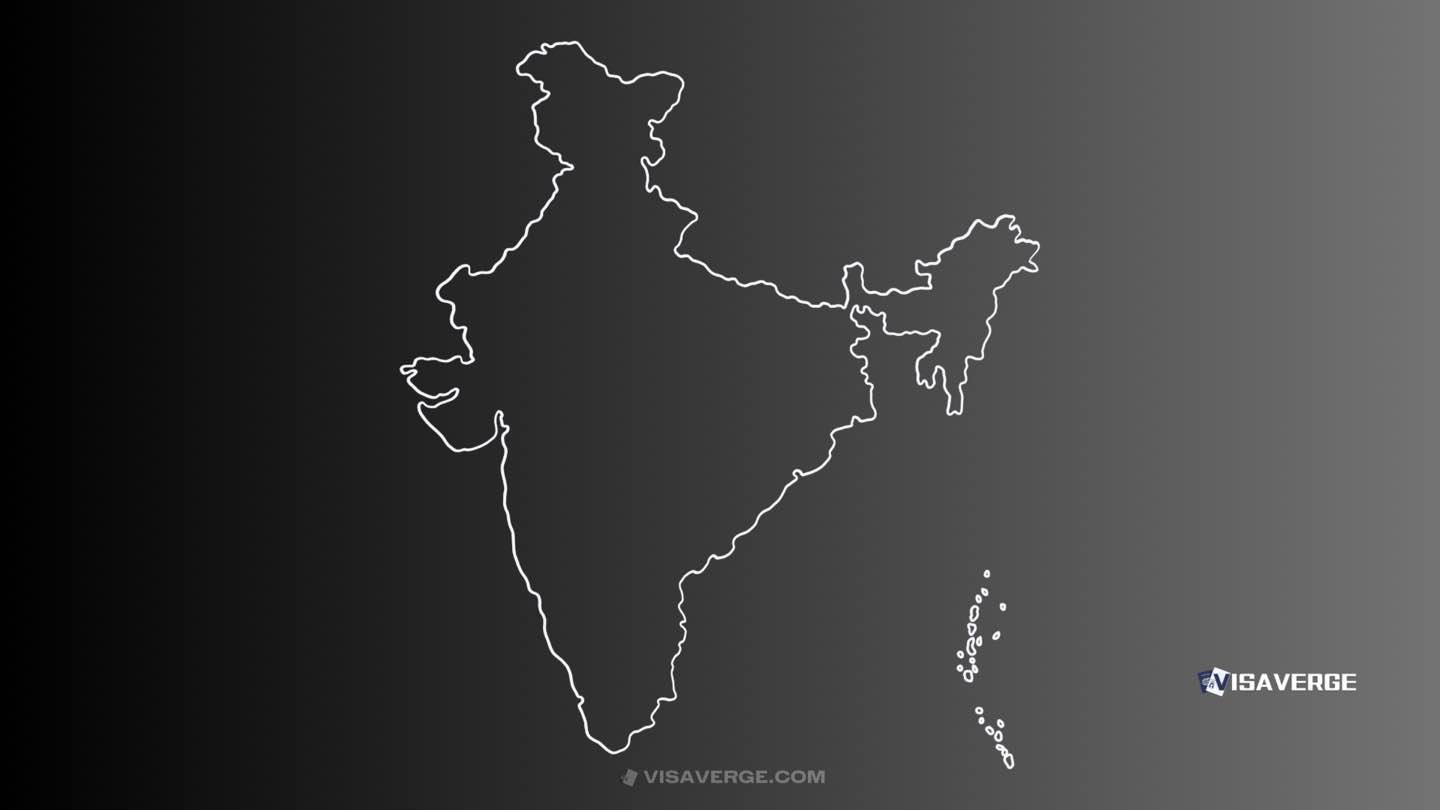Britain’s Labour government moved to defend a sweeping asylum crackdown on Sunday, as Home Secretary Shabana Mahmood argued that plans to cut refugee protections and strip automatic support from asylum seekers are needed to deal with irregular migration that she said is “tearing our country apart.” The push comes amid mounting pressure on Prime Minister Keir Starmer from the right‑wing Reform UK party and growing unease within his own ranks over the future of the country’s asylum system.
The scale of crossings and political context

Mahmood told BBC television that ministers believe they must act to stop small boat crossings from northern France, which have already brought more than 39,000 people to England this year. That figure is higher than the total for the whole of 2024, though still below the record level seen in 2022.
The government says the current system both encourages dangerous journeys and puts too much strain on public finances, and it insists the new measures will curb both. The package is explicitly modeled on Denmark’s strict approach and is being promoted as a response to what ministers call a migration crisis.
“We must act to stop small boat crossings… these crossings are tearing our country apart,” — Home Secretary Shabana Mahmood (paraphrased)
Key elements of the proposed package
A central plank of the plan is to revoke a statutory duty (introduced in 2005) that currently requires the state to provide basic support to asylum seekers while their claims are examined. At present, people who claim asylum can receive housing and weekly financial allowances if they are destitute. Under the new plan, that safety net would no longer be guaranteed.
- Support would become “discretionary,” meaning the government could refuse help in a much wider range of cases.
- Ministers want the power to deny housing or allowances to:
- Any asylum seeker who, in their view, could work or support themselves but does not.
- Asylum seekers who commit crimes.
Critics warn this could leave people with pending asylum claims without stable housing or money for food, potentially pushing them into rough sleeping or the informal economy.
Questions about implementation and decision-making
Mahmood did not give detailed answers on how officials would decide who can support themselves or how crime‑related refusals would work in practice, but she defended the direction of travel. Ministers argue the changes will provide more tools to stop abuse of the system while still allowing support for those in greatest need.
- Government position:
- Reforms will comply with the UK’s duties under international law (officials say this privately).
- Shifting from a duty to a discretionary system still allows help for the most vulnerable while reducing perceived misuse.
- Rights groups and charities’ concerns:
- Worry that once support is no longer guaranteed, people with strong asylum claims could fall through the gaps.
- Campaigners warn of possible legal challenges if removal of statutory support breaches international obligations.
Political pressure: Reform UK, polling, and Labour’s dilemma
Ministers say the measures are designed to deal with a migration problem that has fueled growing support for Reform UK, which has campaigned heavily on cutting immigration and stopping small boats.
- Polling cited by ministers:
- Reform UK has led Labour by double‑digit margins for most of this year.
- Reform UK holds only five seats in the 650‑member House of Commons, yet its poll lead has alarmed Labour strategists.
That polling has worried Labour after its July 2024 election victory. Strategists fear parts of Labour’s electoral base are drifting toward Nigel Farage’s anti‑immigrant platform. The small boat crossings remain one of the most sensitive issues in British politics and have been a pressure point for both main parties.
Reform UK has already said the government’s plans do not go far enough and is expected to keep attacking Labour over any sign of delay or compromise. For Starmer, the policy creates a delicate balancing act:
- Respond to voters worried about border control and reduce small boat crossings.
- Retain supporters who want the UK to treat asylum seekers more fairly.
Reactions from charities and the Labour left
The Refugee Council condemned the proposed cuts to support as “harsh and unnecessary,” warning that removing guaranteed help would not stop desperate people from trying to cross the Channel. Chief executive Enver Solomon urged ministers to rethink, arguing the measures “will not deter” crossings and will instead deepen hardship for people who may later be found to be genuine refugees.
Left‑wing Labour lawmakers are already signaling they may resist the changes when they come before Parliament. Their concerns include:
- The party drifting away from promises to protect the vulnerable.
- Losing supporters to progressive rivals such as the Greens.
- The moral question of leaving people at risk of homelessness or destitution while their claims are under review.
Those concerns are likely to surface in tense internal meetings as Labour MPs weigh political risk against moral and humanitarian considerations. MPs in safer seats may feel able to speak out, while those in marginal seats may be more cautious given Reform UK’s strong polling.
International reaction and Franco‑British tensions
International reaction has been mixed, but France has welcomed the direction of the reforms. French Foreign Minister Jean‑Noel Barrot said asylum seekers risk their lives crossing the Channel because conditions in Britain “are more permissive.” He told reporters that Paris had long argued the United Kingdom 🇬🇧 should “align certain conditions they give arriving immigrants with European standards,” framing the British plans as a step in that direction.
This underscores a long‑running tension between London and Paris over responsibility for people who gather along the French coast hoping to reach England. British ministers accuse smugglers of exploiting weak rules, while French officials often say better coordination and tougher British rules on benefits would reduce pull factors.
Legislative outlook and legal scrutiny
For now, the government has not published the full draft legislation or a detailed timetable for when new rules would take effect. Any bill will face close scrutiny in Parliament, including from committees that examine human rights and the impact on vulnerable groups.
- Possible outcomes and scrutiny:
- Parliamentary committee reviews (human rights, equality, vulnerable groups)
- Legal challenges from campaigners if measures are seen to breach international obligations
- Continued public and political debate ahead of any vote
Meanwhile, the Home Office has offered only brief public comments, with officials insisting that reforms will comply with international law and claiming the discretionary approach still permits help for those most in need.
Asylum process remains unchanged — for now
Anyone wishing to claim asylum in the UK must still follow the existing process described in official guidance on claiming asylum in the UK, which remains in force until Parliament passes any new law.
- The government has not indicated it plans to change the basic right to lodge an asylum claim.
- The central debate is over what support people can expect while they wait.
Human impact and political test for Starmer
As the argument intensifies, the human impact remains central. For the thousands of asylum seekers who have already crossed the Channel this year, the prospect of losing guaranteed housing and income brings fresh uncertainty.
- For Starmer, the fight over refugee protections is a test of his ability to:
- Hold together a broad coalition of voters.
- Manage a loud challenge from Reform UK.
- Address disquiet within his own party about humanitarian standards.
Table: Key figures at a glance
| Item | Figure / Note |
|---|---|
| Crossings to England this year | 39,000+ |
| Record year | 2022 (higher than current year) |
| Labour election win | July 2024 |
| Reform UK seats | 5 (of 650 MPs) |
| Statutory support introduced | 2005 law |
| Official asylum guidance | claiming asylum in the UK |
Key takeaway: The government’s proposed shift from guaranteed statutory support to a discretionary system is intended to reduce small boat crossings and political pressure from the right, but it raises substantial legal, moral, and practical questions — and has provoked strong opposition from charities, some Labour MPs, and rights groups.
This Article in a Nutshell
The UK government, led by Home Secretary Shabana Mahmood, proposed revoking the 2005 statutory duty to provide automatic housing and allowances to asylum seekers, making support discretionary. The move is pitched as a measure to reduce more than 39,000 small‑boat crossings to England this year and respond to pressure from Reform UK polling gains. Critics, including charities and Labour left MPs, warn of legal challenges, increased destitution, and moral risks. Parliament and courts are expected to scrutinize any legislation closely.













